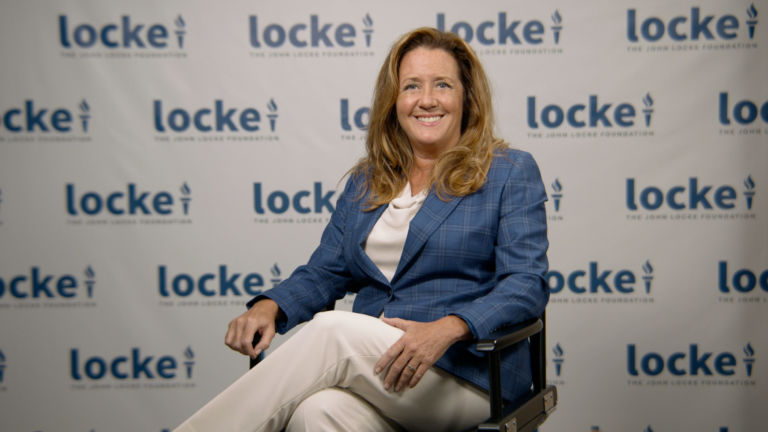A group of criminal justice reform researchers and advocates have sent letters to the governor and the commissioner of prisons requesting that the state take steps to minimize the likelihood of a Coronavirus outbreak in North Carolina’s correctional institutions. The recommendations included:
- commuting sentences for older and vulnerable citizens with compromised immune systems, anyone who is within 12 months of release from their active sentence, and to anyone currently being held on a technical violation of probation or parole;
- expediting mass release of those permanently disabled, geriatric, or terminally ill through the Department of Public Safety’s Home Leave program and Transition Services; and
- expediting the review of people eligible for parole, particularly those over 65 years of age.
JLF’s Jon Guze responded to these policy recommendations in his most recent research brief. Guze writes:
[O]nce all the relevant factors and stakeholders are taken into consideration, I think it is unlikely that the early release of prisoners meeting those criteria will result in a net reduction of risks…
I worry that preparing and implementing early release plans would be a distraction from what should be the real focus of attention, namely, figuring out how to keep COVID-19 out of jails and prisons and how to keep it from spreading if and when it gets in.
One serious consideration is the economic reality these former inmates will enter into. Guze explains:
Even in ordinary times, released prisoners often have difficulty finding work and accommodations, and social services organizations have a hard time helping them. The aged and disabled prisoners released under this proposal will surely find it harder than most, and the COVID-19 outbreak undoubtedly will mean that social services organizations are stretched even thinner than normal. All of which makes it likely that some of the prisoners released under this proposal may end up living on the streets.
Rather than early releases, Guze suggests a test/trace/isolate approach. Guze writes:
To my mind, the ideal approach (not just in jails and prisons but everywhere) would be to (1) test everyone who has a fever or who is known to have had contact with an infected person; (2) trace and test the recent contacts of each person who tests positive; and (3) isolate all those who test positive for 14 days. The test/trace/isolate approach has succeeded in slowing, and in some instances stopping, the spread of the disease in Taiwan, Hong Kong, Singapore, Macao, and South Korea.
Read the full brief here. Find more information about how North Carolina can respond to the Coronavirus here.


